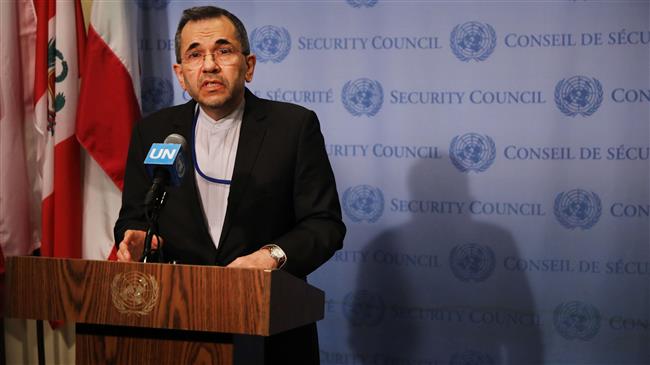Islamabad: 28th March 2020 (GNP): Last Friday, Iranians all over the world celebrated Nowruz, or Persian New Year, which is concurrent with the advent of spring. This is the biggest and most important celebration of the year for Iranians living in Iran and abroad, as well as for people in 11 other countries neighboring Iran. However, this year’s celebration is significantly different.
People across our planet are fighting the coronavirus — Covid-19 — which has caused the loss of tens of thousands of lives across the globe, and in many countries the toll continues to rise. The people of Iran are not immune to the ravages of this virus as they fight to meet the challenge.
The World Health Organization has called the virus a pandemic. Many countries are spending billions of dollars to confront it. And there is no clear prospect as to when this disease will be contained. For its part, Iran is also struggling to mobilize resources to defeat the virus. However, Iran’s ability to deal with it in an effective manner is limited due to the unjust U.S. sanctions imposed on the Iranian people.
Medics treat a patient infected with the new coronavirus, at a hospital in Tehran, Iran, Sunday, March 8, 2020. With the approaching Persian New Year, known as Nowruz, officials kept up pressure on people not to travel and to stay home. Health Ministry spokesman Kianoush Jahanpour, who gave Iran’s new casualty figures Sunday, reiterated that people should not even attend funerals.
It has been more than 22 months since the U.S. withdrew from the Iranian nuclear deal — the JCPOA — and imposed an unprecedented sanctions regime on Iran which has created hardships for ordinary Iranians; particularly the most vulnerable segments of society, such as patients with special diseases who are suffering from a lack of imported medicine.
The U.S. maintains that humanitarian goods are exempt from its extra-territorial sanctions. However, that is not the reality. The financial channel required for facilitating transactions, even for humanitarian commodities, is not available, for financial institutions are worried about U.S. vengence in the event that they find themselves in violation of U.S. laws.
Exceptions aren’t working
Even the so-called Swiss Channel, designed to facilitate humanitarian trade with Iran and announced with much fanfare, is not functioning well because of the cumbersome nature of transactions in transferring Iran’s reserves — blocked outside Iran — to the designated Swiss bank. Furthermore, as strict U.S. interference in Iranian trade further drains our foreign currency reserves, this channel may actually become redundant in few months. As such, it appears that the U.S. administration is more interested in paying lip-service to the notion of humanitarian needs, and is engaged more in propaganda, than in actually facilitating the humanitarian business with Iran.
Today, the whole world is consumed by the coronavirus. No country can claim to be immune from the threat posed by it. It is an international threat traversing borders and necessitating a well-coordinated, concerted international response. The U.S.’s sanctions on Iran, including on its medical sector, is badly impeding Iran’s efforts to contain the virus. And thus, in comparison with other countries and despite its excellent medical capabilities, Iran, while one of the most severely affected, is actually less equipped to contain Covid-19 than others.
Countries today are more dependent on each other than before. The complex challenges the world faces today necessitate more cooperation and coordination at the international level. In this context, one is not able to meet these challenges alone, or deal with their consequences alone. All nations are, ultimately, in the same boat journeying on often stormy seas. Either we will succeed and win together, or we will be hurt and lose together.
Iranian people suffer
The continuation of the illegal U.S. sanctions on Iran will only negatively affect Iran’s ability to contain the disease. Consequently, the Iranian people will suffer more as a result of this bankrupt policy, as will the other nations on our interconnected planet. The U.S.’s insistence on continuing — or even doubling down — on its sanctions policy is not only immoral and against international law, but also endangers the lives of many people not just in Iran, but also across the globe.
The best thing the U.S. can do right now to mitigate the spread of the coronavirus is to undo its sanctions against Iran. That would allow the Iranian public and private sectors to have the necessary resources to fight the virus. The U.S. is under moral and legal obligations to do so sooner rather than later, and help not just Iranians, but humankind itself.

